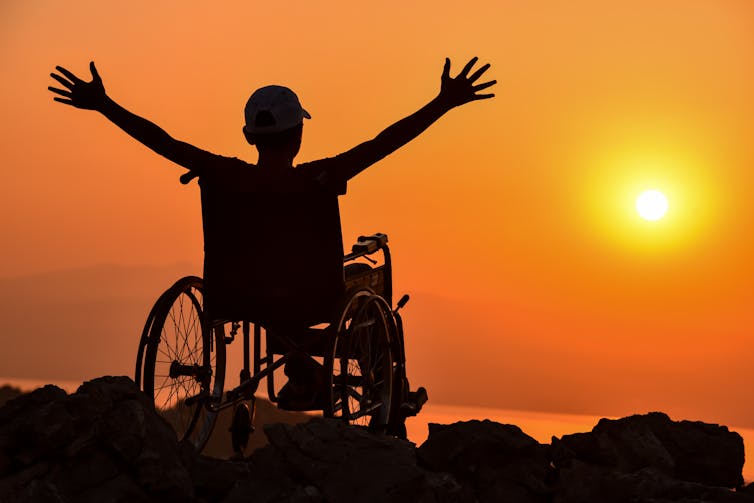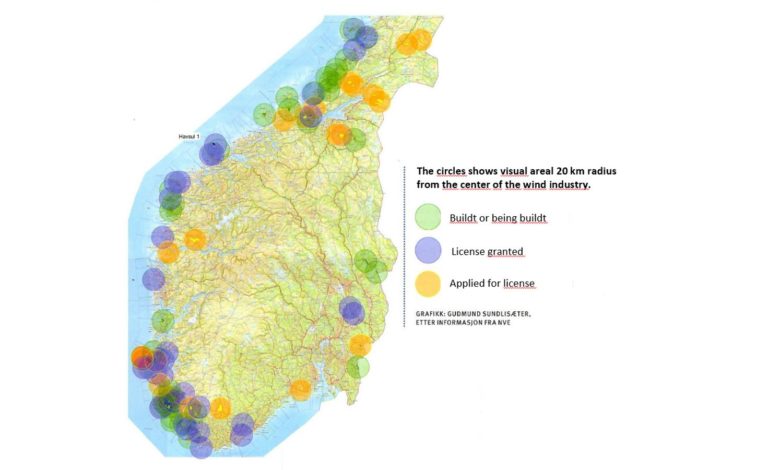
Crazymedia/Shutterstock
Laura-Stella Enonchong, De Montfort University
The African Commission has drafted a new protocol to the African Charter on Human and Peoples’ Rights that emphasises the importance of the right of people with disability to have equal recognition before the law. It also provides for a range of rights, including the right to education, personal liberty, political participation and the right to live in the community.
This is welcome news, particularly for people living with disabilities.
It includes those with mental illnesses, that have little protection under both domestic and regional African law. Even the African Charter, the continent’s flagship human rights instrument, doesn’t make specific provisions for them.
The gap became clear in 2001 when the African Commission heard a pivotal case against The Gambia brought by mental health advocates. It was filed on behalf of patients who had been detained in a psychiatric unit in The Gambia.
The Commission found that The Gambia was in violation of several rights that are protected under the African Charter. But, significantly, it decided that the Charter didn’t protect the personal liberty of people detained for medical reasons.
The finding endorsed the practice that allows people suffering from mental illness or disability to be forcefully detained if their detention is viewed as necessary for their treatment. The implications of the decision were wide ranging, particularly in Africa where cultural and traditional practices towards people with mental disability are rife with human rights abuses.
The adoption of the draft protocol is therefore a step in the right direction.
Attitudes to mental illness
People with mental illness are often hidden from public view. This is done either to shield them from harm, or to protect their families from shame.
Actions like this stem from the fact that disability in Africa is perceived more as a curse than an illness. People living with mental disability are pitied and protected from society.
People living with mental disability are also frequently detained in traditional healing facilities and religious institutions such as prayer camps. While these practices are purported to be in their interests, human rights abuses such as chaining, beating, forced seclusion and denial of food, are often reported.
Within medical facilities the treatment of people living with mental disability also lacks a human rights approach. They can be detained in medical or psychiatric units without appropriate diagnosis. Abuses including torture and cruel, inhuman and degrading punishments or treatments often occur.
In the Gambia case for instance, some of the abuses in the Campama Pyschiatric Unit included prolonged detention, compulsory treatment, verbal and physical abuse and being forced to live under unsanitary and degrading conditions.
Protecting human rights
The commission’s approach to mental disability was unusual. Other international and regional human rights instruments such as the International Covenant on Civil and Political Rights, the European Convention on Human Rights, and the American Convention on Human Rights protect the personal liberty of people with mental disability.
These state that detaining people just because they have a mental disability or illness is arbitrary. The UN Convention on the Rights of Persons with Disabilities goes even further. It emphasises that the mere existence of a disability is never a sufficient basis for the deprivation of liberty.
The African Commission’s draft protocol reflects these provisions by seeking to protect the personal liberty of people living with mental disability. It states that disability is not a sufficient basis for the deprivation of liberty.
If African Union member states adopt and ratify the protocol, it will be illegal to detain or institutionalise mentally ill or disabled people simply on the basis of their illness.
This is good news. But the draft provisions could face resistance from some member states. Governments might have to make significant financial commitments to ensure that people can access their rights.
On top of this, the protocol needs to be fleshed out to guide African governments on how to address and eradicate harmful practices.
Will the protocol see the light of day?
The Commission adopted a final draft of the Protocol in February 2016. It has already been submitted to the African Union to go through the treaty making process. Once this process is completed the draft protocol could become a legal instrument for African Union member states to ratify.
![]() If that happens, people living with disabilities would have an alternative avenue to seek redress when their rights are not effectively protected domestically. In The Gambia for instance, people detained arbitrarily on the basis of their disability would be able to seek protection from the African Commission if domestic courts failed to protect their rights.
If that happens, people living with disabilities would have an alternative avenue to seek redress when their rights are not effectively protected domestically. In The Gambia for instance, people detained arbitrarily on the basis of their disability would be able to seek protection from the African Commission if domestic courts failed to protect their rights.
Laura-Stella Enonchong, VC2020 Lecturer in Law, De Montfort University
This article was originally published on The Conversation. Read the original article.




25 Comments
Pingback: ice casino
Pingback: Kampala International University
Pingback: sig p320 carry
Pingback: DEHN THAILAND
Pingback: วิธีแทงหวยออนไลน์ มีกี่รูปแบบ
Pingback: คู่มือเล่นสล็อต Lsm99LIVE
Pingback: vapes
Pingback: รับสร้างบ้านหาดใหญ่
Pingback: https://stealthex.io
Pingback: the original source
Pingback: saคาสิโน
Pingback: special offers
Pingback: Nexus Market
Pingback: สายมัลติคอร์
Pingback: SHOPEE สล็อต
Pingback: ทัวร์ต่างประเทศ
Pingback: ทางเข้าpg168
Pingback: ซ่อมโปรเจคเตอร์
Pingback: HUAYYIM เว็บหวยออนไลน์เว็บตรง
Pingback: สล็อตวอเลทเติมวอผ่านอั่งเปา
Pingback: โรงงานผลิตสปริง
Pingback: ยูฟ่าเบทออโต้ คืออะไร
Pingback: 1ufabet
Pingback: บ้านพักคนชรา
Pingback: เครื่องเป่าแอลกอฮอล์